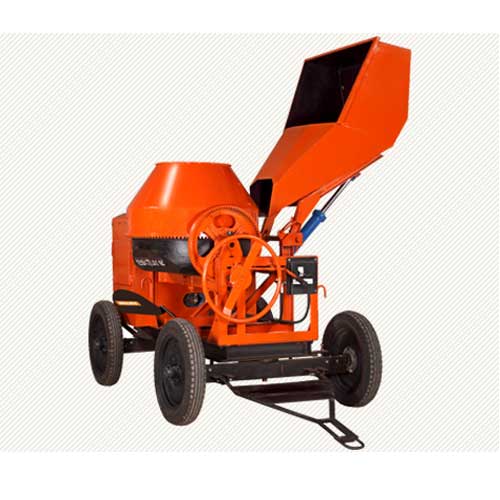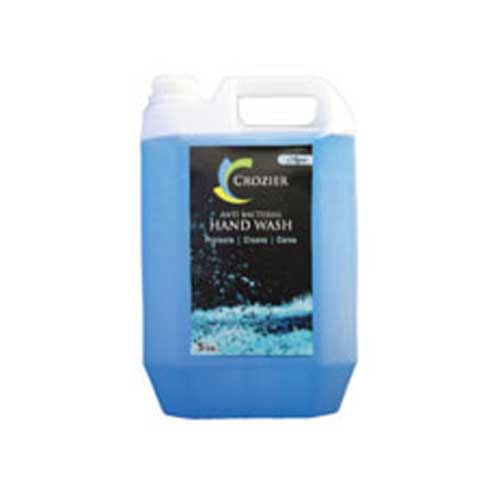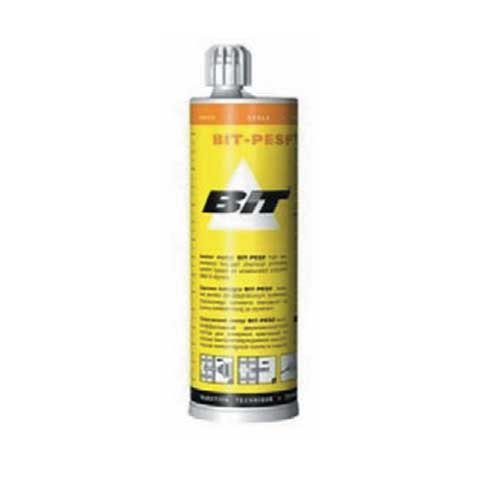Schedule a Call Back
Indian Chemical Council raises concerns over RCEP
 Industry News
Industry News- Oct 19,19
Related Stories

Exempt chemical industry from lockdown due Covid 19: ICC
Chemicals are key ingredients for essential commodities like pharmaceuticals, foods, medical devices, PPE, etc. Manufacturers are not able to produce chemicals even if permitted to operate
Read more
Covestro India recertified as a Responsible Care Company by Indian Chemical Council
Covestro India signed Responsible Care global charter in March 2015 and became Responsible Care Company in September 2016.
Read moreIndian Chemical Council raises concerns over RCEP
The association wants government to protect the economy from the flooding of cheap imports of Chinese chemicals by ensuring that there is no misuse of ‘Rules of Origin�..
Read moreRelated Products

Hydraulic Hopper Concrete Mixer
Esquire Machines offers a wide range of concrete mixer – hydraulic hopper.

Handwashaqua – 5l
Crozier Hygiene Company offers a wide range of handwash aqua – 5L. Read more

Polyester Chemical Anchor
Kwik Fastening Solutions Pvt Ltd offers polyester chemical anchor - bit PESF - 345ml














